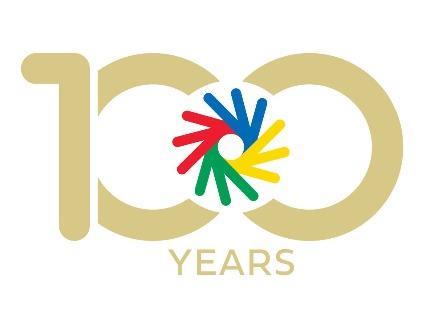Ashley Kendall at Lumo TV explains why he’s attempting to get broadcasters to pick up the tournament, which is celebrating its 100th anniversary

As deaf representation on screen continues to grow, from reality show winners to primetime dramas centred on deaf stories, the UK media landscape is finally beginning to reflect the richness of deaf talent.
But while we celebrate these long-overdue milestones, one glaring omission remains – The Deaflympics, the world’s oldest multi-sport event after the Olympics, which is routinely ignored by major broadcasters.
This year’s Deaflympics, held in Tokyo 15-26 November, marks its 100th anniversary, which is a momentous occasion for the global deaf community.
Yet, despite its cultural significance and historic legacy, no UK broadcaster has committed to airing the event.
This absence is more than disappointing and it feels discriminatory by omission.
Visibility matters. The 2015 Culture, Media and Sport Committee (CMSC) inquiry into women and sport demonstrated how increased coverage can reshape public perception and participation. The same principle applies here – if you show it, people will care.
In 2019, the UK government added the Paralympics to its list of protected events, ensuring national coverage. The impact was profound and the nation rallied behind its athletes, regardless of ability. The Deaflympics deserves the same recognition.
The lack of coverage sends a damaging message – that deaf athletes are somehow less worthy of celebration. It undermines the progress made in media and public life, where deaf communities have had to fight for every step forward. Representation should not be seasonal or selective.
Broadcasters routinely find airtime for niche competitions such as esports. Surely, they can find space for the world’s best deaf athletes competing in universally recognised sports.
Broadcasting The Deaflympics would be transformative. It would inspire new audiences, empower young deaf people, and create opportunities for deaf media professionals building the next generation of inclusive storytellers. This isn’t just about sport. It’s about access, aspiration, and equality of opportunity.
Parliament has already taken notice. The CMSC has written to broadcasters urging action. With the Games just days away, the only meaningful response is for broadcasters to collaborate with LumoTV, the deaf-led media company producing coverage with a full slate of British Sign Language (BSL) talent.
There is hope. Channel 4 has initiated discussions with LumoTV about a potential collaboration. This could be the turning point.
Let this be the moment we come together to celebrate equality, amplify deaf voices, and use the power of sport to unite us all.
We deserve that too.

Ashley Kendall is head of communications & distribution of Lumo TV








No comments yet